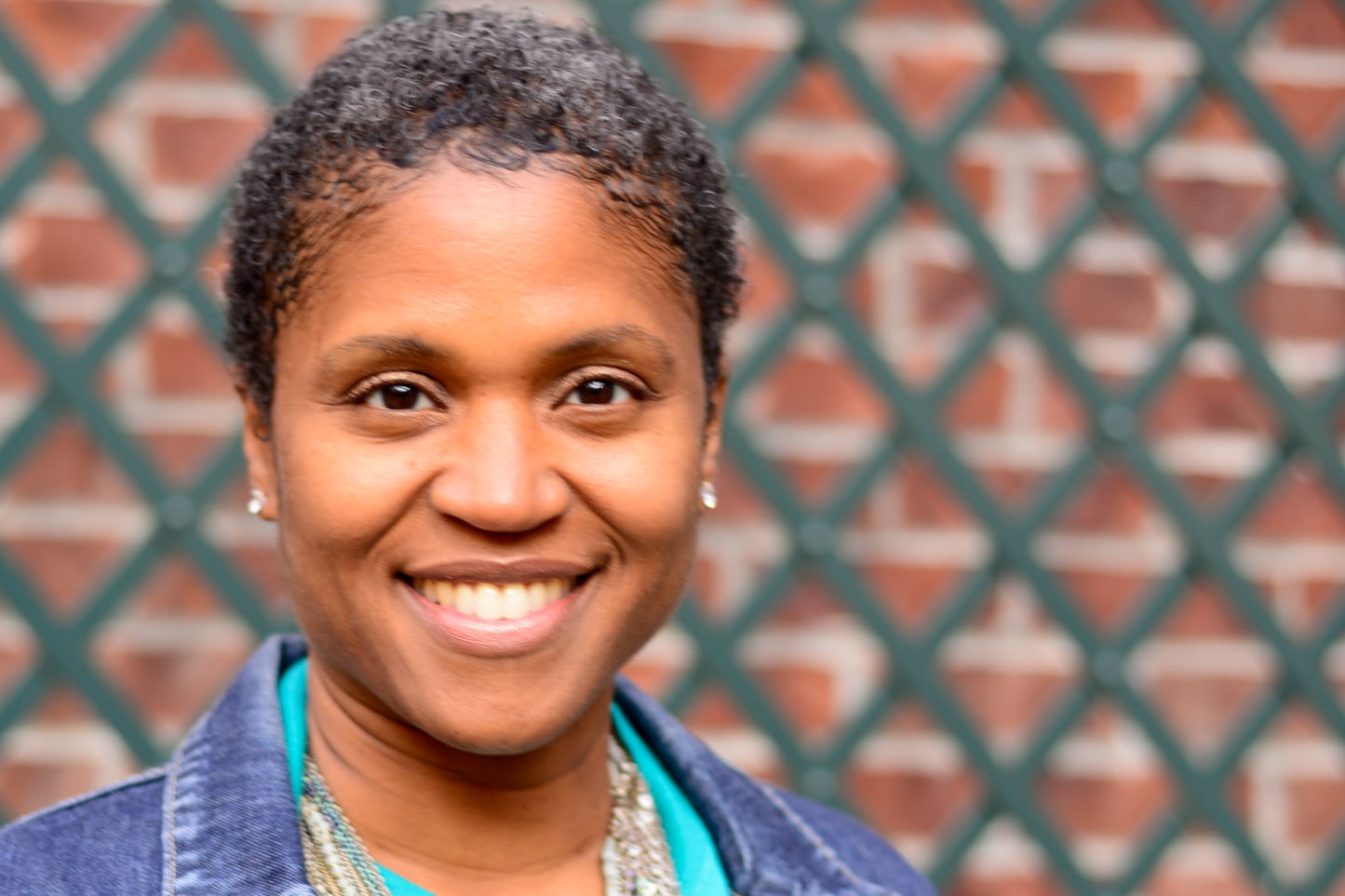Louise Jackson chose to live in Carmel for the same reason many other families do: for its quality schools.
Now, seven years after moving to the suburban, predominately white city just north of the capital, the Indianapolis native will become the first Black member of the Carmel Clay school board.
Out of nine candidates in the November election, Jackson landed one of two at-large seats. She had highlighted her background as a school volunteer and a mother to a sixth and a 10th grader, as well as her corporate experience in human relations.
“One of the reasons why I wanted to become a part of the board is to be a bridge from the people that maybe have had a less-than-desirable experience in Carmel, and those that have had a good experience,” Jackson said.
She pledged to support teachers, keep schools safe, and create individualized plans for students, and also to ensure that every student and family feels safe, accepted, and included.
Jackson’s election comes amid heightened racial tension after Black, Latino, and Asian students spoke out about racism they experienced in the Carmel Clay school district.
In a YouTube video posted in July, current and former students talked on and off camera about being called “slaves” and the N-word, and receiving threats of lynching. They said they did not feel safe with their teachers.
The 16,400 student body of the Carmel Clay district is 71% white, 15% Asian, 4% Latino, and 4% Black.
In the video made by the group Carmel Against Racial Injustice, one graduate called Carmel a “sundown town” — segregated places that discriminated against and excluded people of color — and said that “to Black citizens, Carmel is a glass menagerie where racism is allowed to thrive and where you fear for your livelihood for speaking out.”
Two lawsuits have been filed accusing the city of racial profiling, according to the Indianapolis Star.
Jackson said while she’s never personally experienced racism in Carmel, it breaks her heart that many African American families and other non-white people have had challenging experiences in the school district and the city. Jackson said she hopes to improve the educational experience for all students.
Carmel Clay Superintendent Michael Beresford said Jackson will bring a fresh perspective to the five-person school board. She listens, collaborates, and people are drawn toward her, he said.
“I think she brings a great skill set,” Beresford said. “And also I think her having the Black perspective is going to be really important to our equity and inclusion work that we’re doing.”
Jackson, a breast cancer survivor, said challenges do not dissuade her. It causes her to lean in and listen. During her campaign, she said she reached out to Asians, Muslims, Republicans, and Democrats to understand various perspectives.
Jackson said she brings a unique point of view because she works in human resources, currently at Salesforce. “I help us look at our hiring processes and ensure that we have removed bias from them,” Jackson said.
She also founded a personalized coaching and strategy development company, Talent Cabinet.
Beresford said the district has included equity and inclusion in its three-year strategic plan. By January, he said the district will have its first diversity, equity, and inclusion coordinator who will help increase diversity among its staff.
Kayla Seymour, a co-founder of Carmel Against Racial Injustice, lauded Jackson’s election as a great step forward. She said Jackson undoubtedly will feel pressure on her shoulders.
“Because you are the first, everyone is looking at you to make all of these changes and represent an entire community of people of color now,” Seymour said. “You alone cannot be that one voice, let alone do all this work by yourself to represent an entire community.”
Seymour charged that the district has not shown urgency in responding to allegations of racism, which the group wrote about on a Facebook post.
“It’s parents who have been wanting to see these changes and have been hearing these stories of their own kids going through this in these school buildings every single day and have asked the principal, have asked the superintendent for their assistance and nothing is being done,” Seymour said.
Beresford said, “We listened to them, we met with them, we heard their interest, but we have a mission, we have a strategic plan.”
Jackson said she wants to make sure that people who look like her feel like the board is where they can belong. She has people reaching out to talk to her.
“I hope that as a result of being on the board more people feel like, ‘hey, I want to raise my hand.’”





